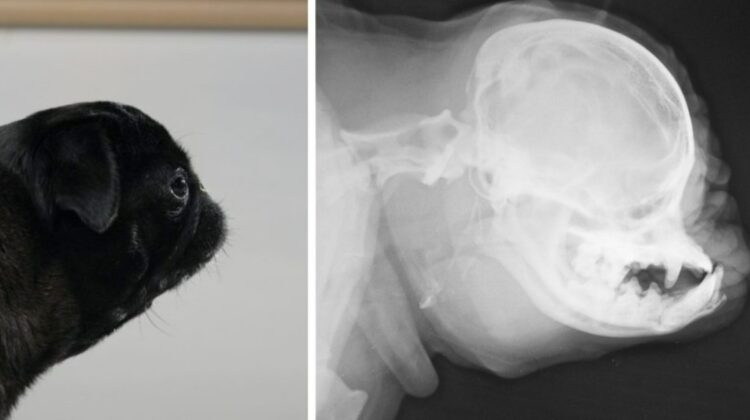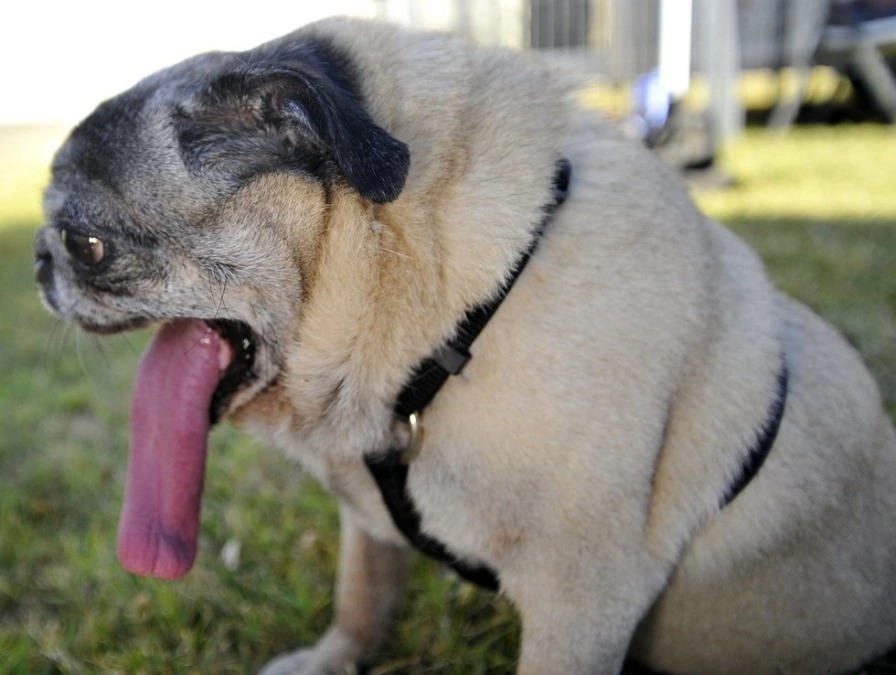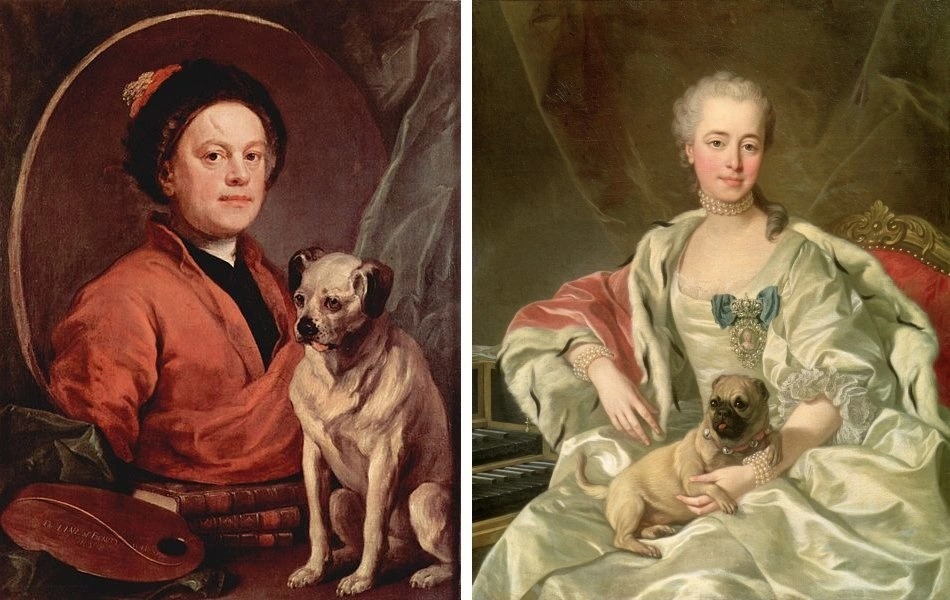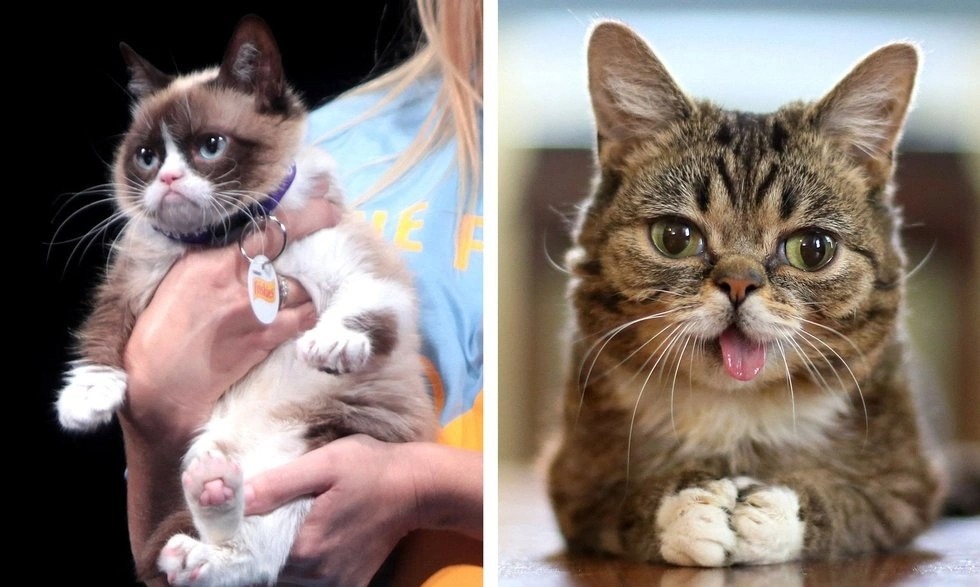
The endearing charm of pugs and bulldogs has made them incredibly trendy among dog lovers. However, experts in the field of animal welfare are raising significant concerns about the genetic manipulation associated with these breeds. While pugs and bulldogs are undeniably cute, their physical traits have been selectively bred over time, resulting in a host of health issues for these lovable canines.
Pugs and bulldogs are beloved for their squashy little faces, grunting pants that resemble tiny, pudgy humans, and their distinctive double-curled tails. However, the truth behind these appealing traits reveals a rather unsettling reality. The coiled tails, once considered endearing, are actually a purpose-bred genetic defect. In its most severe forms, this trait can lead to paralysis in these dogs.

Their characteristic squished noses may seem adorable, but they have been selectively bred to become progressively shorter and smaller. This has led to significant breathing and eating difficulties, causing a cascade of health problems including cardiovascular stress, eye prolapses, overheating, weight gain due to reduced activity from the sedentary lifestyle, dental crowding, soft-palate collapse, and skin-fold dermatitis. In essence, these dogs are more of an “anatomical disaster” than the patron saint of cuteness.
Veterinarians are acutely aware of the health issues that plague pugs and bulldogs but often hesitate to speak out against the unethical breeding and purchase of genetically impaired dogs. The primary reason behind this silence is the fear of losing clientele. Veterinarians are hesitant to alienate dog owners who may choose to seek services elsewhere if their breed is criticized.

The British Veterinary Association (BVA), representing veterinarians across the UK, has been more vocal on this issue. They’ve expressed their concerns about the breeding and buying practices of brachycephalic dogs, terming the trend a significant problem for dog health and welfare. Sean Wensley, President of the BVA, stated, “The surge in popularity of these dogs has increased animal suffering and resulted in unwell pets for owners, so we strongly encourage people to think about choosing a healthier breed or crossbreed instead.”
Research supports the notion that mixed-breed dogs are often healthier than purebred ones. A study from 2013 analyzed medical records of more than 27,000 dogs and compared the incidence of 24 genetic disorders in mixed breeds versus purebreds. The results revealed that ten of these disorders had a significantly higher incidence in purebred dogs, with just one showing a greater incidence in mixed-breeds. For the remaining disorders, the incidence was similar in both groups.

The fascination with pugs, bulldogs, and similarly bred dogs raises questions about society’s attitude towards deformities and genetic mutations. While animals with health complications, like Lil Bub and Grumpy Cat, have gained immense popularity, there’s a significant difference between adoring animals with such conditions and intentionally perpetuating genetic mutations or supporting an industry that does so.
The love for uniqueness and embracing the unconventional in domestic pets appears to be growing. Ugly is seen as cute, and deformities are celebrated as distinctive. This evolving attitude is a modern shift, akin to a Victorian freak show, where peculiarities are revered.

The contrast between our attitudes toward humans and non-human animals is evident and brings up important ethical questions. Philosopher Dale Jamieson delves deeper into this cognitive dissonance and its implications for animal rights, further highlighting the need for thoughtful consideration and responsible pet ownership.
